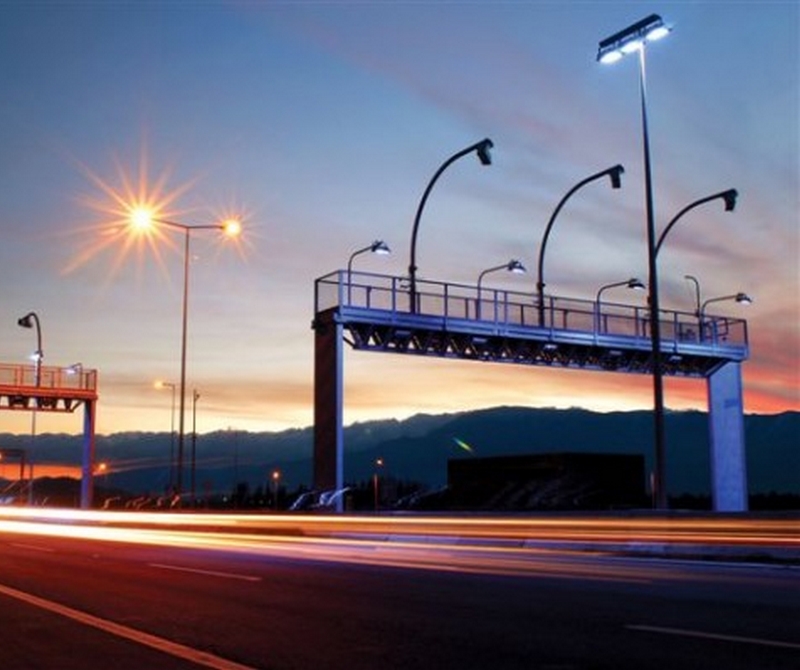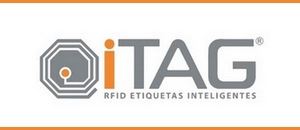IoP Journal
In March 2023, the first toll collection points with the Free Flow system begin operating in Brazil, on the Rio-Santos highway – BR-101 between Ubatuba and Rio de Janeiro. The stretch, under the concession of the CCR RioSP, will have technologies from the Austrian company Kapsch TrafficCom. The Free Flow system eliminates the well-known toll booths, which force vehicles to stop for collection, and registers the passage of cars through portals.
This type of system, according to the Austrian company, is widely established in Europe and the United States, where toll booths practically no longer exist. It is also already deployed in Australia and Asia.
“In Latin America, we actively participated in the concession program in Chile, with our Free Flow toll technology, and made the first implementations in Ecuador”, says Ramiro Virreira, Vice President of Kapsch for Argentina, Brazil, Chile and Colombia. “Now we are very happy to work with the CCR Group, to bring this technology to Brazil as well and, thus, to improve even more mobility on the country’s roads”.
The company plans to expand the presence of intelligent transport and Free Flow toll systems throughout the country, offering the advantage of improving the experience of road users. “Providing agility, safety and quality in travel, both in urban centers and on highways, is our expertise. We believe we have a lot to add to the Brazilian market”, says Carlos Wiedmaier, Vice-President of Solution Consulting at Kapsch for Latin America.
Rio-Santos will be the first highway in Brazil to use this innovative method of electronic fare collection. “Based on the experience accumulated in this stretch, it will be possible to expand this type of technology to other highways and concessionaires”, says Eduardo Camargo, president of CCR Rodovias.

Freeflow in practice
Unlike traditional toll booths, the Free Flow system does not require a barrier, making passage fluid and without reducing vehicle speed. As a result, the necessary stops and speed reductions at a toll plaza are reduced, vehicle emissions are reduced, and noise pollution in neighboring areas is reduced.
The system’s innovation works through gantry cranes installed on the roads, equipped with state-of-the-art Kapsch cameras, sensors and antennas that make it possible to identify and classify vehicles.
For the Rio-Santos project, three gantries will be installed along an approximate 200 km stretch of the highway, close to the cities of Itaguaí, Mangaratiba and Paraty. Tag detection will be through radio frequency identification (RFID) readers. Each gantry will be equipped with sensors for classifying vehicles based on axle counts.
“We are working together and continuously with CCR to build a system suited to the specificities of the Brazilian market, with the main focus on the best experience for highway customers”, says Wiedmaier, from Kapsch TrafficCom.



















